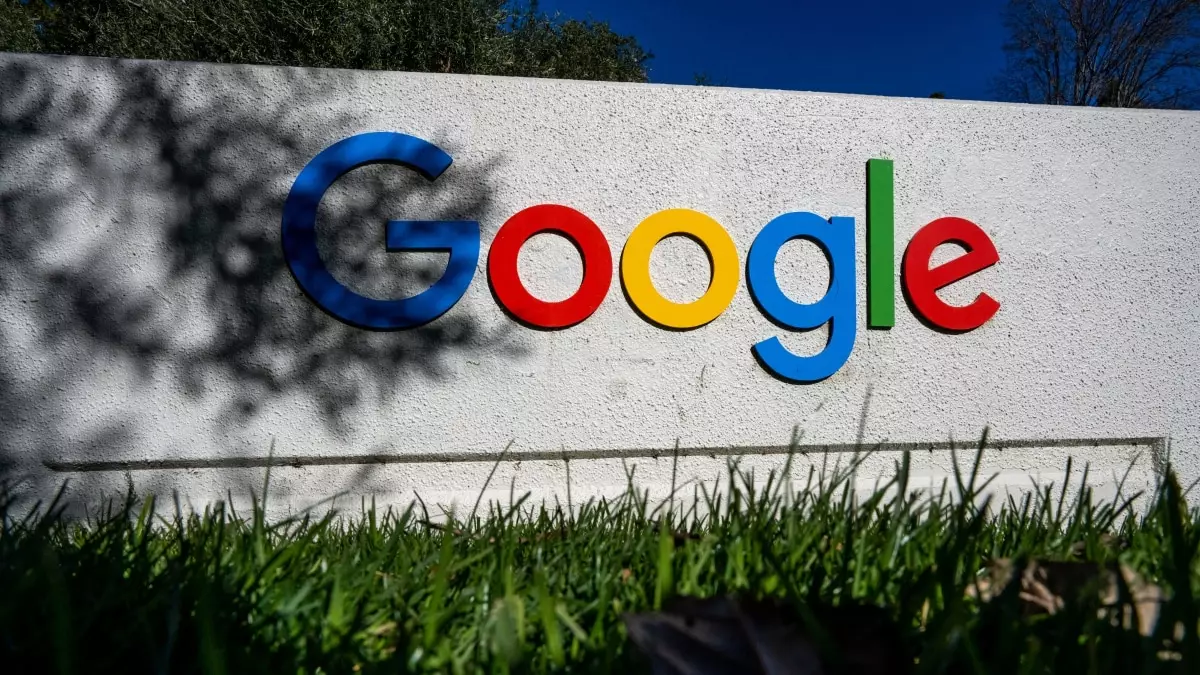In a world increasingly dominated by artificial intelligence, tech leaders find themselves grappling with a paradox: the promise of innovation is at odds with the very real threats of job displacement. Sundar Pichai, the CEO of Alphabet Inc., recently reinforced his commitment to expanding Google’s engineering workforce through 2026. This might sound reassuring, especially when other tech titans like Microsoft are slashing jobs amid intense AI investment. However, it raises an essential question: are we cultivating an environment that genuinely values human talent, or simply paying lip service to the notion of preserving jobs in an era of rampant automation?
Pichai’s declaration suggests that Google sees its engineers as critical to the co-evolution of AI and human capability, emphasizing an enhancement of productivity over simple redundancy. In reality, though, the grim truth remains—many roles, especially those involving repetitive tasks, may vanish as AI fundamentally alters the job landscape. For every engineer elevated by automation, a worker elsewhere may find themselves powerless in the face of technology’s relentless march forward.
AI: The Double-Edged Sword
Pichai’s insights into the limitations of AI offer a glimmer of humility amidst the tech industry’s heady optimism. While he acknowledged that current AI capabilities are astonishing, he was candid in admitting that, for every breakthrough, there remain significant shortcomings. Mistakes and misunderstandings no longer seem like isolated incidents; they are symptomatic of a larger issue—publishers and businesses alike are starting to recognize that reliance on AI-generated content can lead to a dilution of quality. This dichotomy is critical because it reflects the reality that a tool designed to enhance efficiency can simultaneously complicate processes and disrupt industries.
As Google incorporates AI into its search engine, concerns expressed by publishers indicate an impending crisis in how content is produced, discovered, and monetized. The notion that Google, a behemoth that thrives on web traffic, assures creators they will still receive their due exposure feels disingenuous. In a landscape where AI can churn out information at lightning speed, the authenticity and creativity of human voices are at risk of being drowned out. Is there a point at which efficiency overshadows originality? Pichai asserts there’s a policy in place to ensure quality traffic, but skepticism lingers.
The Future of Work: AI Coexisting with Human Ingenuity
As we peer into the future, the question that looms large is whether we will build a society in which AI and human creativity can coexist harmoniously, or whether we will let the technology redefine our understanding of work itself. Pichai’s outlook is laced with hope—humans have the potential to leverage AI not merely as a replacement but as a tool for augmenting creativity and productivity. However, that dependency begs a larger conversation about the radical structural changes required in our economy to ensure that displaced workers are not left in the dust of advancement.
Moreover, one cannot ignore the recent comments from Meta’s Chief Technology Officer Andrew Bosworth, who called attention to a cultural shift within Silicon Valley, suggesting that the sector is now more openly embracing partnerships with the military. This alignment raises unsettling questions about where the boundaries should be drawn when it comes to tech innovation and ethics. When patriotism becomes an acceptable justification for constructing militarized technology, we must scrutinize the impact of such endeavors on societal values.
Embracing the Tension for Greater Impact
In this climate of soaring ambition mixed with underlying fears, the tension between advancement and ethics could foster more profound discussions than mere company profits or market shares can encapsulate. It is crucial that tech leaders, including Pichai, grapple with the broader implications of AI as it streams into every facet of life.
The narrative crafted by wealth-driven Silicon Valley must shift towards one that reconciles the ambition of innovation with the ethical repercussions of technology. If we collectively choose to ignore these tensions, we risk becoming passive players in a game that could redefine the structure of work itself. The duality highlighted by the ongoing discourse in the tech industry underscores the pressing need for an ethical framework that balances growth with social responsibility, ensuring that the benefits of innovation resonate beyond mere numbers on a balance sheet. As we march forward, let us not forget: the pursuit of advancement must never come at the cost of human dignity and opportunity.

Leave a Reply